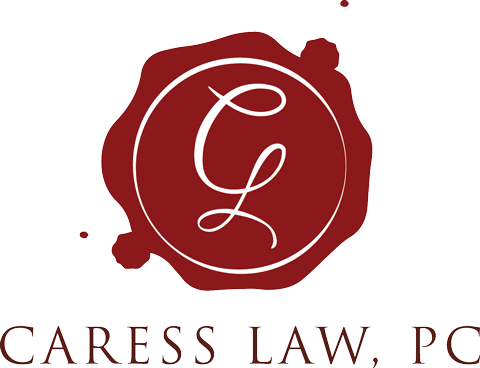Maybe it’s conspiracy thinking, but one has to wonder if the holidays fall at the end of the year to soften the blow of a new tax season’s arrival. After all, isn’t that what January brings? A new year, a new you…and new taxes to pay? While there’s no escaping this, readers will at least be heartened to learn that 2022 will not bring any new legislation that will dramatically disrupt your estate tax planning.
Wait, But Wasn’t President Biden Planning a Major Estate Tax Overhaul?
If you recall reading article after article about proposed tax code changes, you aren’t imagining it. Congress and the Executive Branch did table legislation that would have provoked a major overhaul of common estate planning techniques, but none of this passed into law.
Among the proposals presented were:
- A reduction of the federal estate tax exemption amount from its current $12.06 million per taxpayer to between $3.5 and $6.85 million per taxpayer.
- Elimination of the use of irrevocable life insurance and other grantor trusts.
- Elimination of the carryover basis for gifted property or stepped-up basis for inherited property, thereby triggering capital gains tax.
- Treatment of capital gains as ordinary income for tax purposes for those who earn more than $1 million per year.
- The imposition of deferral benefits for like-kind exchanges of real estate.
These propositions signaled alarm bells for estate planning attorneys, who saw in them the potential need to adjust inheritance tax and federal estate tax planning strategies. The concern was then passed on to clients, such that an advantageous response could be implemented in the instance the changes came to pass. Luckily, they did not—but this does not mean their forecast should be forgotten.
Why Changes Proposed in 2021 Matter in 2022
President Biden’s proposed estate tax overhaul is a powerful reminder that periodic revision is a crucial part of estate planning.
Suppose an inheritance tax had been imposed in the form of elimination of the stepped-up basis for inherited property, and you did nothing about it. Your beneficiaries may well have been slammed with hefty capital gains tax, eliminating a significant portion of their inheritance.
Or, suppose the federal estate tax exemption had plummeted to $3.5 million, and because you weren’t paying attention, 40% of your life’s work was snapped up by the government.
None of this happened in 2021 because the proposed changes turned out to be politically unviable, and yet if the events of the last few years have taught us anything, it’s that politics can turn on a dime.
You executed an estate plan because you were worried about protecting your life’s work, your loved ones, and yourself. Don’t let that energy go to waste by failing to keep your plan up to date.
To learn more about ensuring your estate plan achieves its intended purpose or to address any other issue related to the matter, do not hesitate to contact the dedicated team at Caress Law either by calling (503) 292-8990 or using the contact form on our website.


